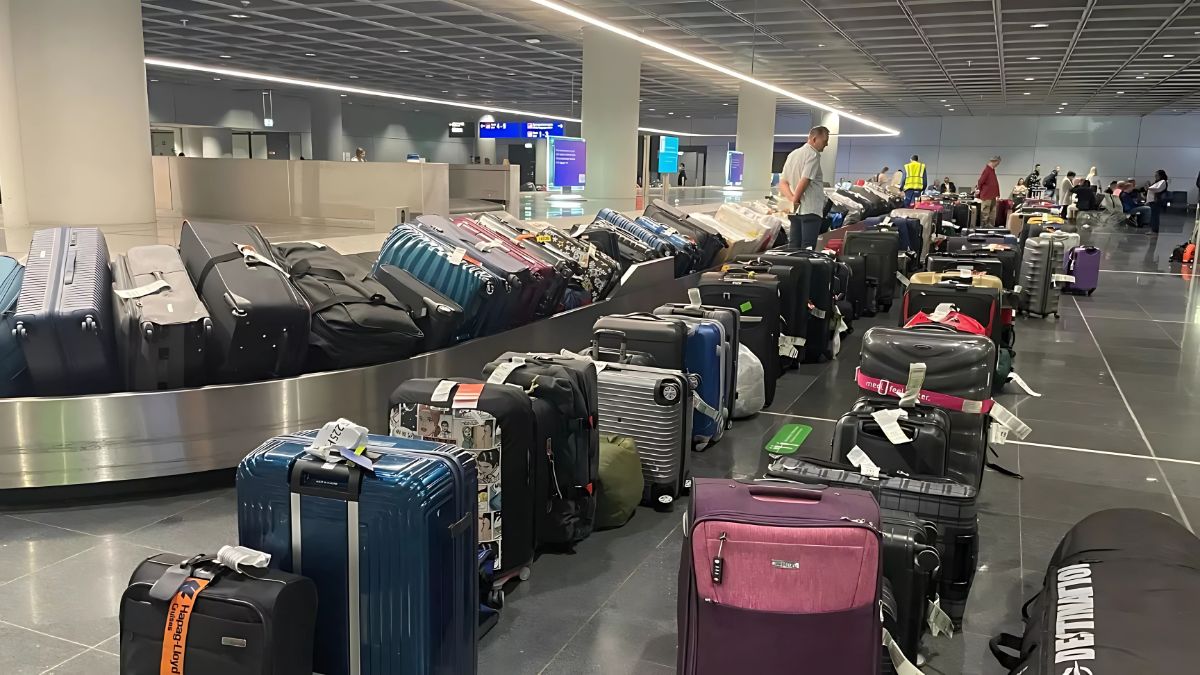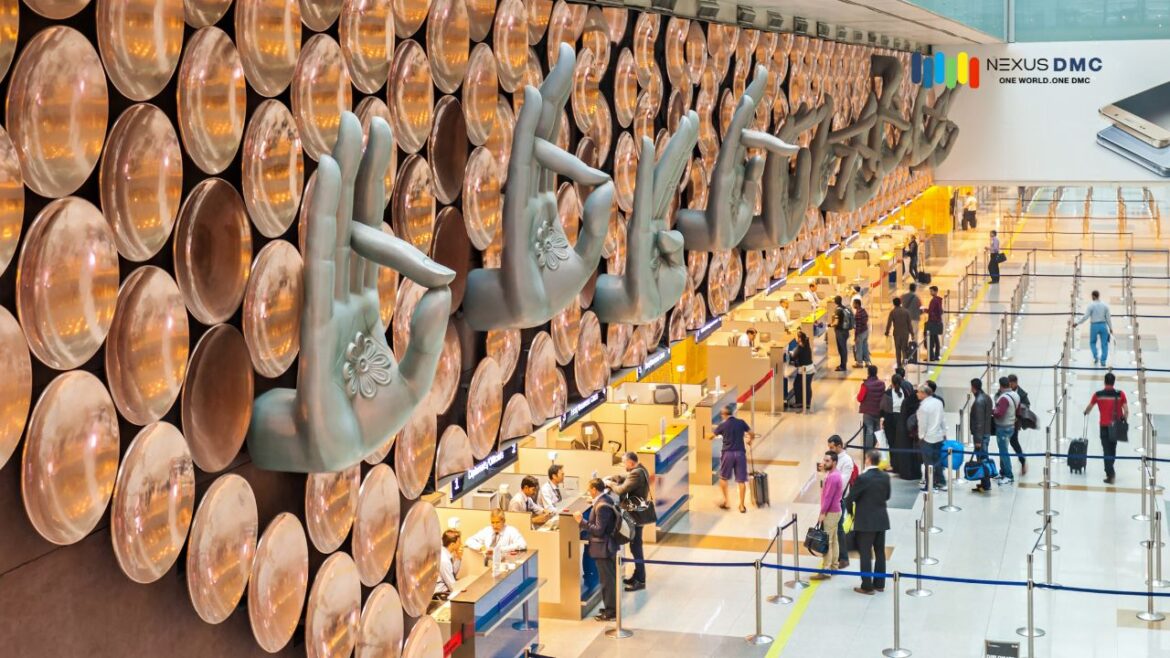Delhi’s Indira Gandhi International Airport (IGIA) saw a major operational shift on Tuesday as Terminal 1 (T1) became fully functional following the transfer of all flight operations from Terminal 2 (T2). The transition, however, was marred by intermittent issues in the baggage check-in system at T1, causing delays and inconvenience for passengers.
Flight Shifts from T2 to T1
With T2 temporarily closed for maintenance, major domestic carriers IndiGo and Akasa Air relocated their operations to T1. IndiGo shifted more than 125 daily flights, taking its total number of daily departures from T1 to over 200. Akasa Air also moved all its flights from T2 to T1 as part of the transition.
According to IndiGo, this move has significantly increased passenger traffic at T1, with daily figures jumping from 15,000 to nearly 40,000. Additionally, 26 IndiGo aircraft that previously had overnight halts at T2 were successfully repositioned to T1.
Baggage Check In System Issues

Despite the successful transition, passengers faced delays due to technical snags in the baggage check-in system at T1. Delhi International Airport Ltd. (DIAL), the airport operator, confirmed the issue via posts on X (formerly Twitter).
“We are currently experiencing intermittent baggage check-in system issues at Terminal 1. This has already been escalated to the global OEM for urgent resolution. We apologise for any inconvenience caused to our passengers,” DIAL posted at 5:42 PM.
Earlier in the day, DIAL acknowledged similar technical problems that temporarily slowed down baggage processing. The operator assured that flight operations remained unaffected and that normalcy was restored swiftly.
Passenger Complaints on Social Media
Several passengers took to social media to express their frustration. Reports included long queues at security checks and missing baggage. One user reported that baggage for a Delhi-to-Agartala flight went missing due to a “dysfunctional belt” at T1D.
Terminal Expansion Under Phase 3A Project
The full-scale activation of T1 follows the completion of its expansion under the airport’s Phase 3A development project. While T1 was partially operational earlier, Tuesday marked the first day of its full capacity usage.
According to DIAL, the expanded Terminal 1 is now capable of handling up to 40 million passengers annually, nearly triple the capacity of the now-closed Terminal 2, which could handle 15 million. Terminal 3 continues to handle 45 million passengers per year.
Current Airport Operations
With the changes, IGIA now operates with two active terminals T1 and T3 and three operational runways. One runway remains closed temporarily for maintenance.
Also Read: How to Start a Travel Agency: Step-by-Step Beginner’s Guide

